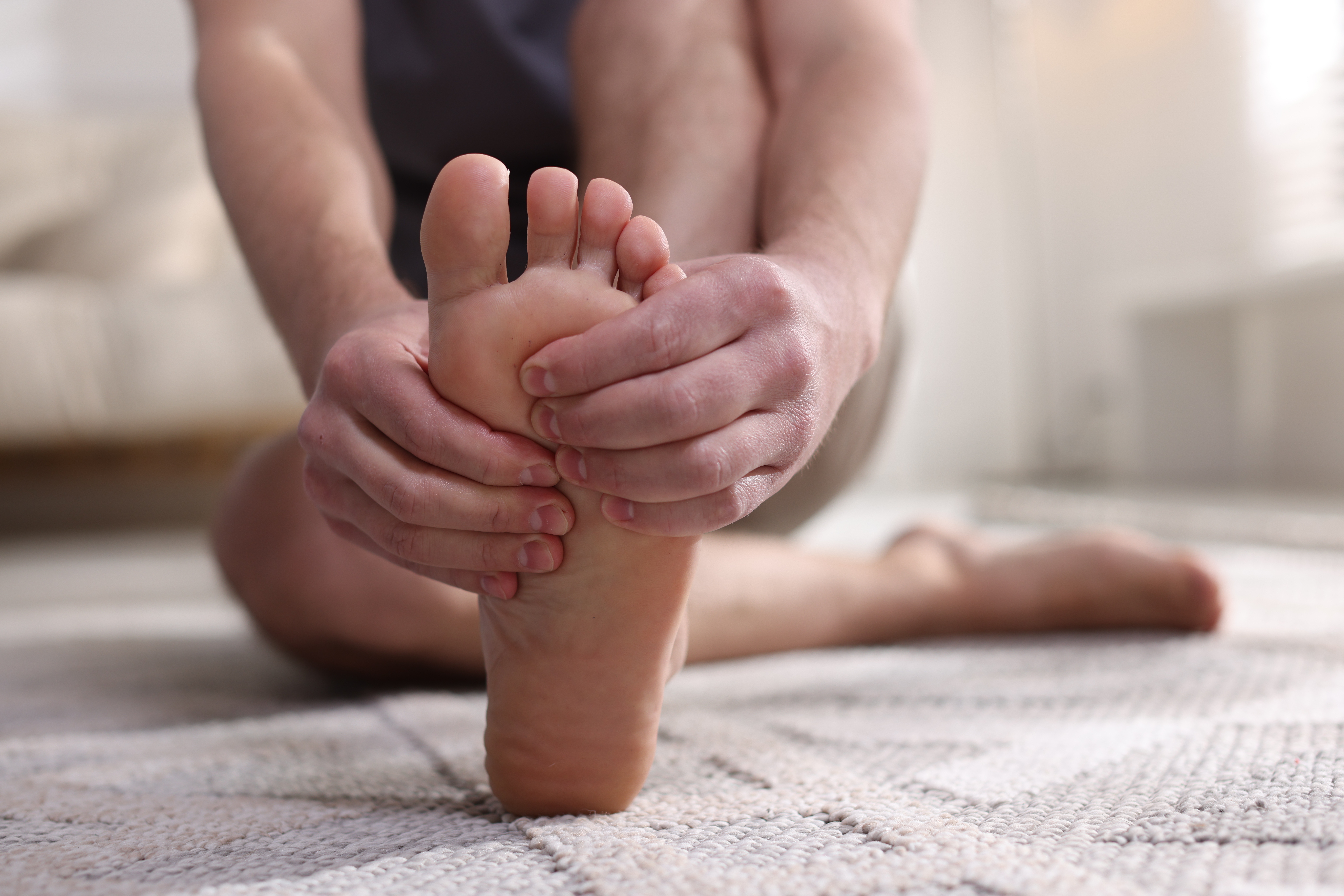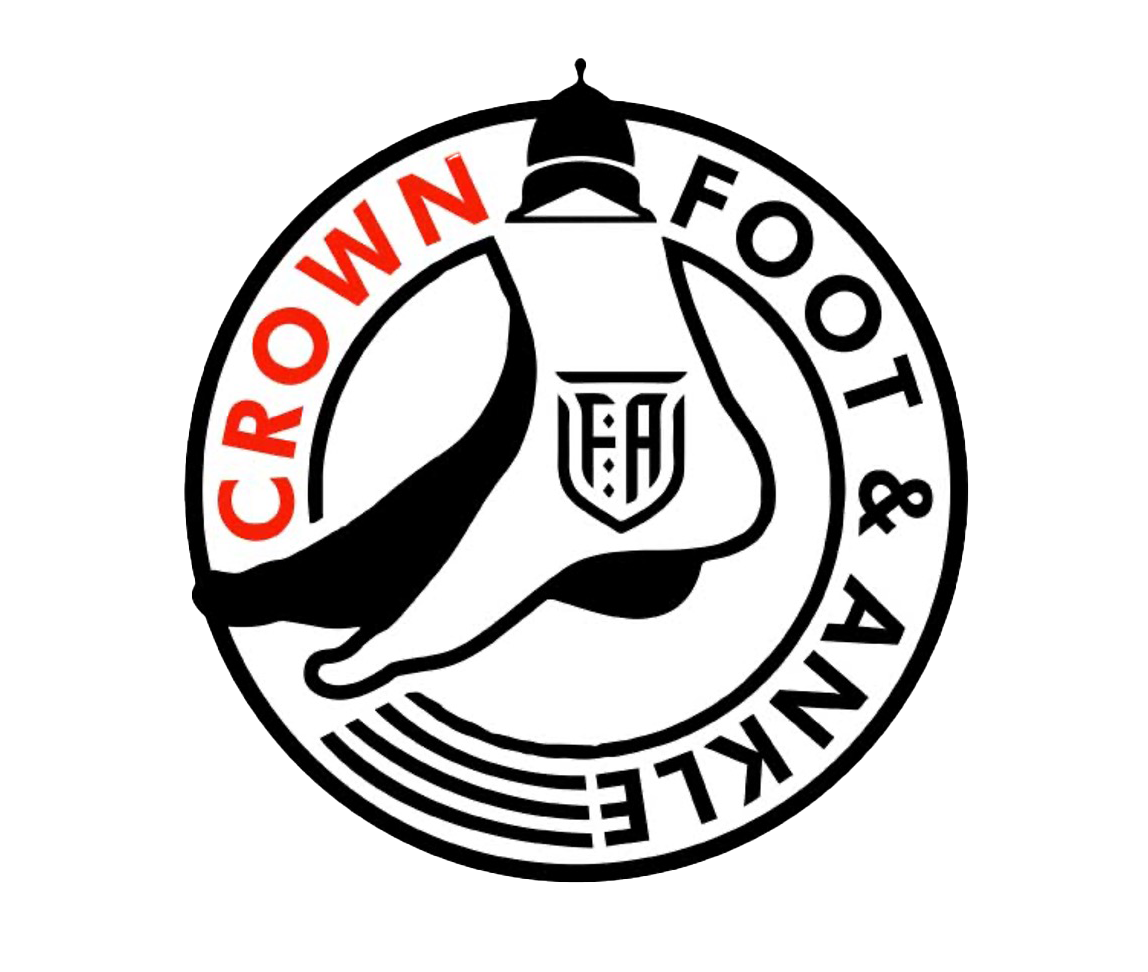EPAT Therapy: Accelerating Plantar Fasciitis Healing While Staying Active
Are you struggling with stubborn heel pain caused by plantar fasciitis but don’t want to give up your active lifestyle? Extracorporeal Pulse Activation Technology (EPAT) offers a non-invasive, drug-free solution that helps accelerate healing — all while allowing you to stay on your feet.
What Is EPAT Therapy?
EPAT therapy, sometimes referred to as shockwave therapy, uses gentle acoustic pressure waves to stimulate your body’s natural healing process. These waves increase blood circulation, boost metabolism, and promote tissue regeneration — helping damaged plantar fascia heal faster and more effectively.

Benefits of EPAT Therapy for Plantar Fasciitis
1. Non-Invasive Heel Pain Relief
EPAT therapy is completely non-surgical and incision-free, making it an excellent alternative to invasive treatments. There’s no downtime, so you can resume your normal activities right after your appointment.
2. Reduced Pain and Inflammation
The acoustic energy from EPAT targets the affected heel area to break down scar tissue, reduce inflammation, and relieve chronic pain associated with plantar fasciitis. Many patients report noticeable improvement after just a few sessions.
3. Faster Healing and Recovery
By improving blood flow and cellular repair, EPAT accelerates tissue healing, helping you return to walking, running, or working out sooner than traditional recovery methods allow.
4. Stay Active During Treatment
Unlike many plantar fasciitis treatments that require rest, EPAT often allows patients to stay active throughout their therapy. This makes it ideal for athletes and anyone who wants to maintain daily routines without interruption.
5. Personalized Treatment Plans
Each EPAT treatment plan is customized to your needs, depending on the severity of your plantar fasciitis and how your body responds. This personalized approach ensures optimal results and long-term relief.
6. Long-Lasting Results
EPAT doesn’t just treat the symptoms — it targets the damaged tissue causing your heel pain, providing lasting relief and helping prevent future flare-ups.
What to Expect During an EPAT Session
EPAT sessions are performed in-office and typically last 5 to 15 minutes. The procedure is comfortable and requires no anesthesia or recovery time. Most patients notice improved comfort and mobility within a few weeks, depending on the condition’s severity.
Combining EPAT Therapy with Other Treatments
For best results, EPAT can be combined with:
- Stretching and strengthening exercises
- Supportive footwear or custom orthotics
- Activity modifications
- Lifestyle adjustments to reduce stress on the heel
These combined strategies not only enhance EPAT’s effectiveness but also help prevent plantar fasciitis from returning.
Start Your Path to Pain-Free Living
If heel pain is slowing you down, EPAT therapy may be the key to your recovery. Consult with a qualified podiatrist to determine if this non-invasive plantar fasciitis treatment is right for you.
Call Crown Foot & Ankle today at 219-257-0255 to schedule an appointment with Dr. Natasha Mandula and discover how EPAT therapy can help you heal faster, feel better, and stay active.
